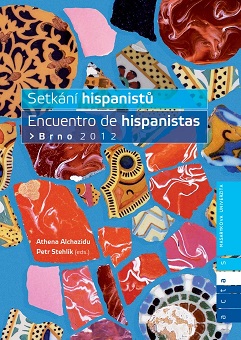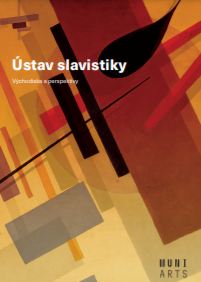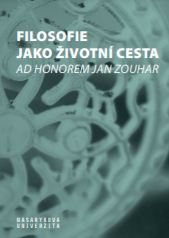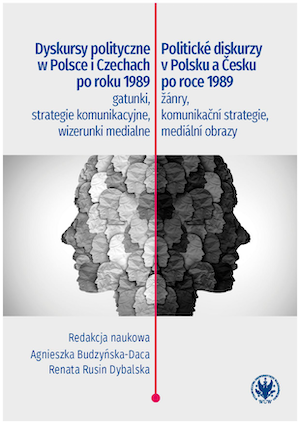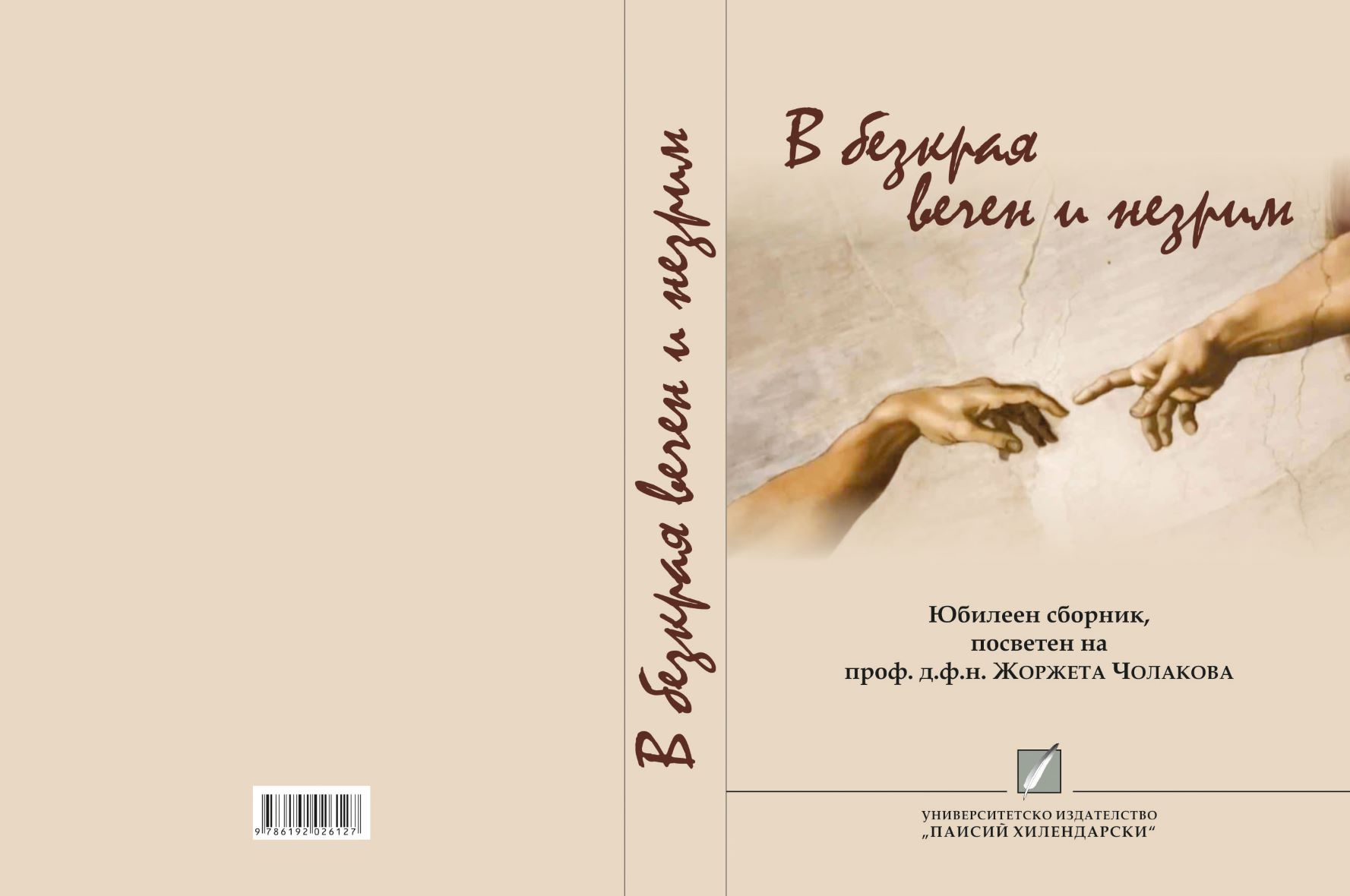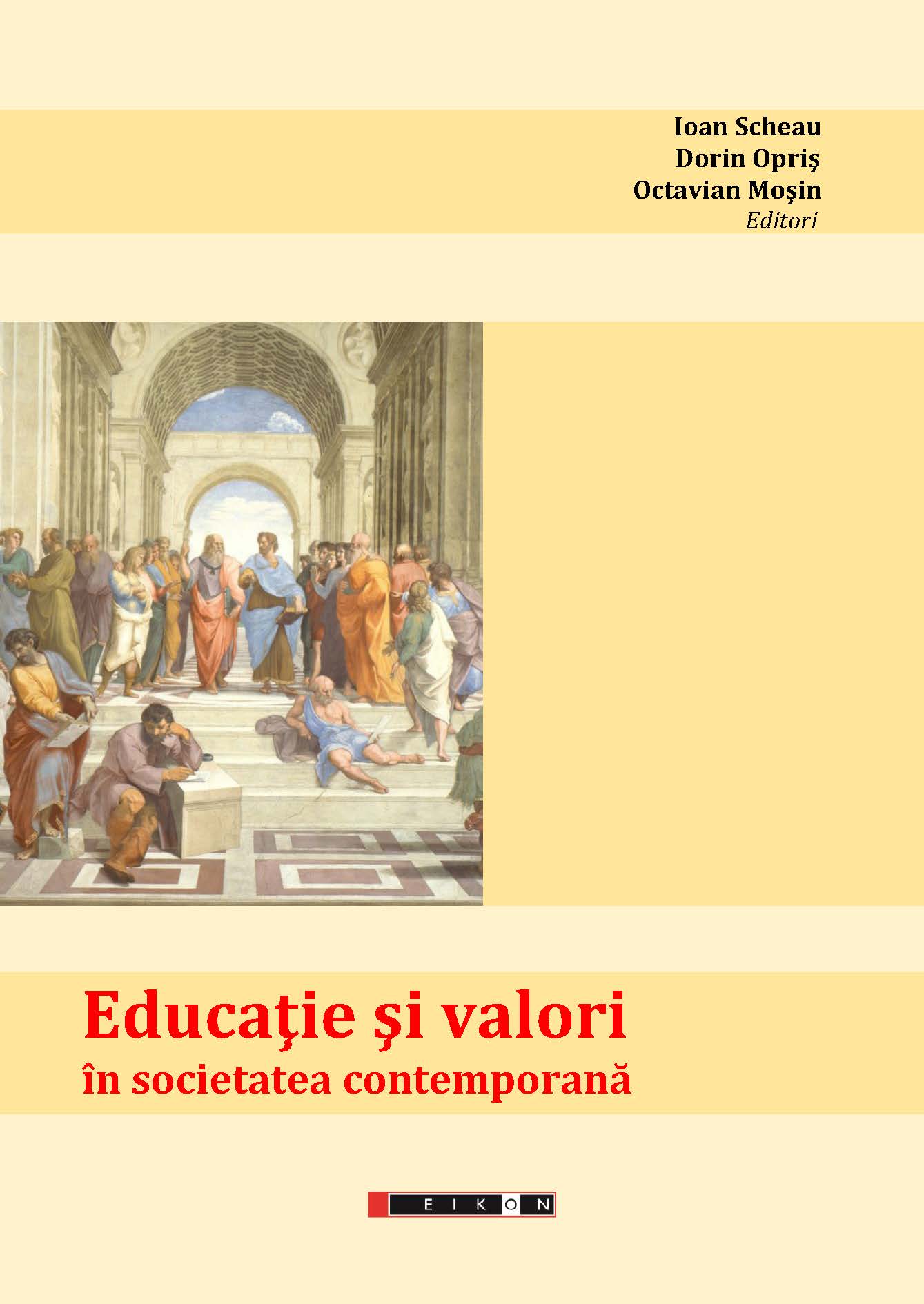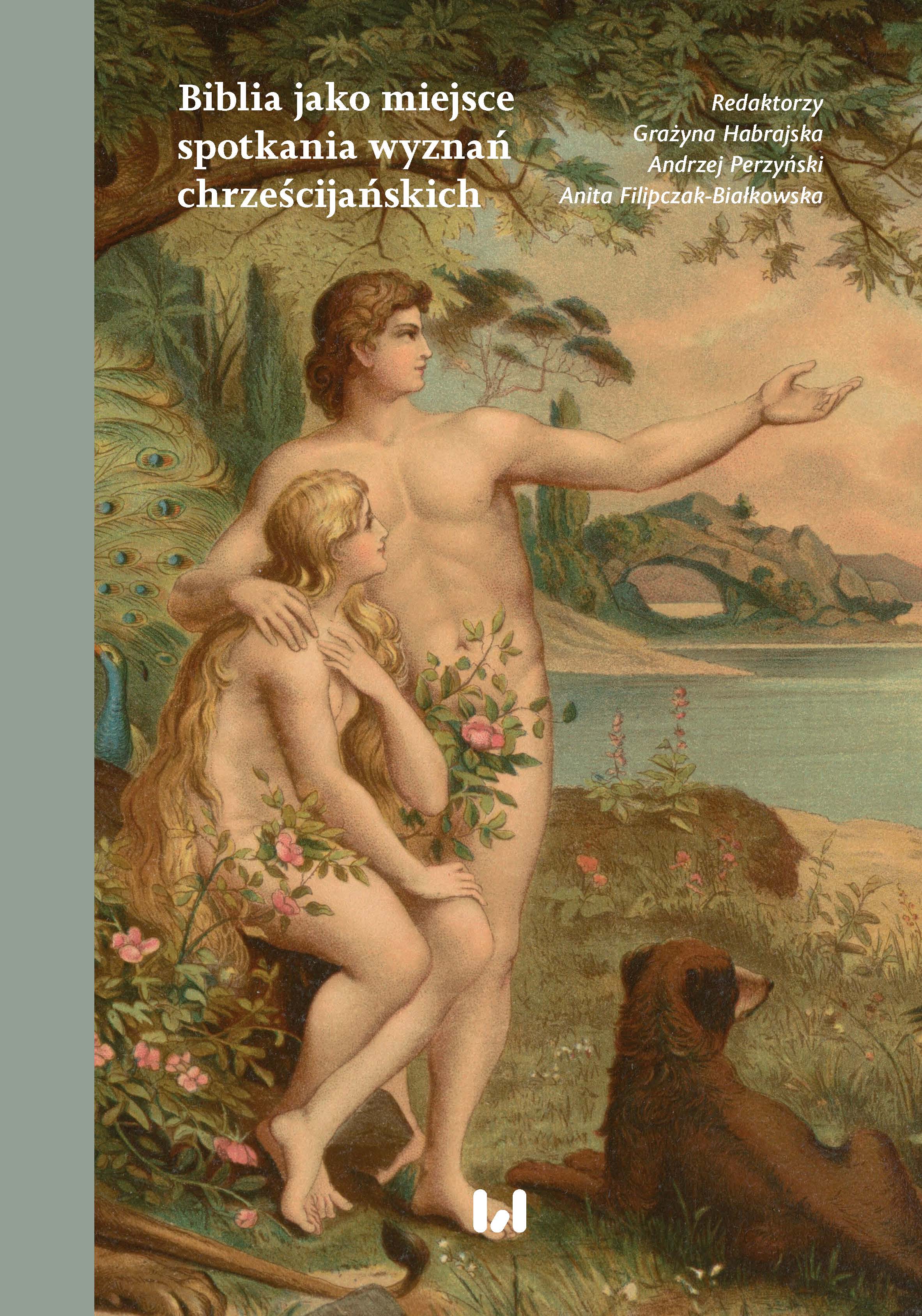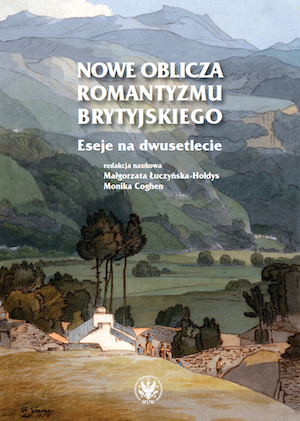Author(s): Roman Madecki / Language(s): Czech,Polish
Publication Year: 0
In the current public and political discourse, various devaluation behaviours are often verbalized in communication interaction, the aim of which is to stigmatize the opponent, to ridicule him or to exclude him. The most common type of this verbalization are various labels. Labels can have the form of nicknames, which characterize persons according to their occupation, features, origin, or they can be also created by changing first names and surnames (Krnda, Mluvčáček, Pitomio). We also encounter derivatives from proper names (havlista, klausoid, zemaniak), which most often refer to the followers of prominent figures in public life. A large group of labels then consists of derivatives from common names, which often contain negative or highly negative (hateful) evaluations (dobrotrus, pravdoláskař, sluníčkář, pražská kavárna). Within the theoretical reflection of this linguistic behaviour, contemporary linguistics can use the originally sociological theory of labelling, possibly interpret these phenomena as manifestations of a specific discursive strategy based on eristic dialectics (argumentum ad hominem, ad personam, ad populum), and violation of the cooperative principle and politeness principle in communication. The paper is based on the analysis of the Czech language material.
More...
